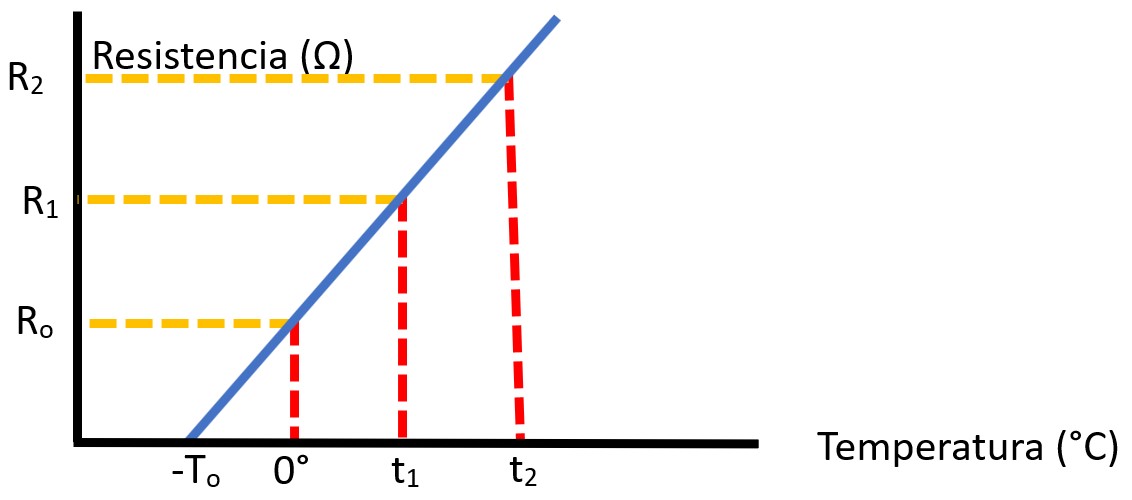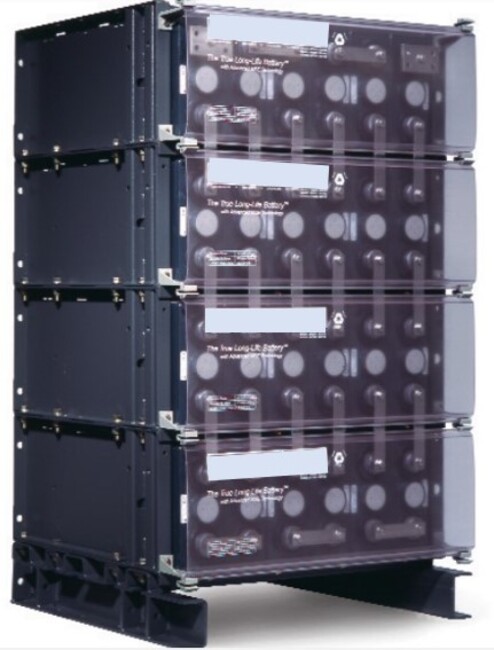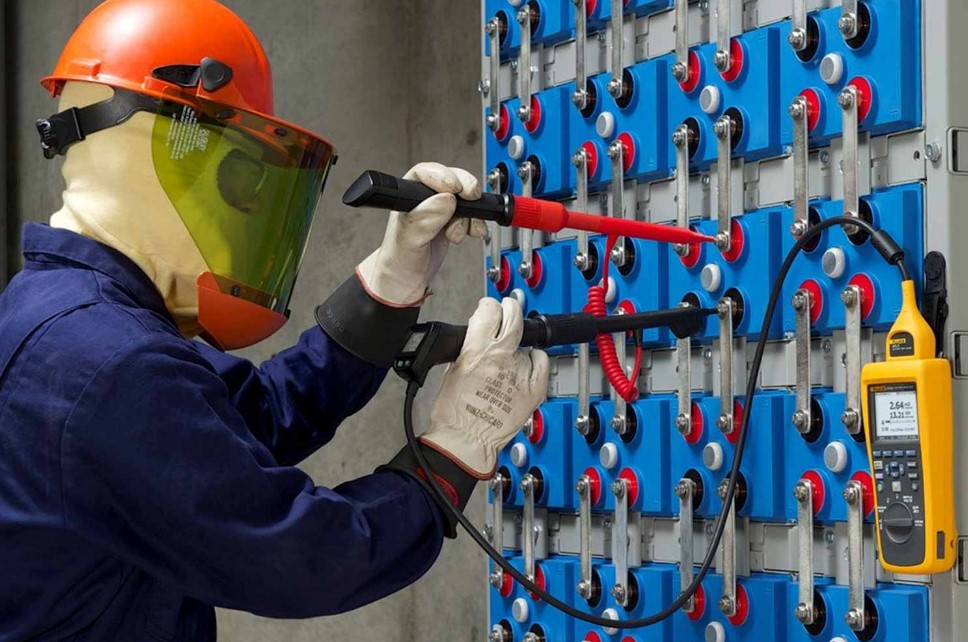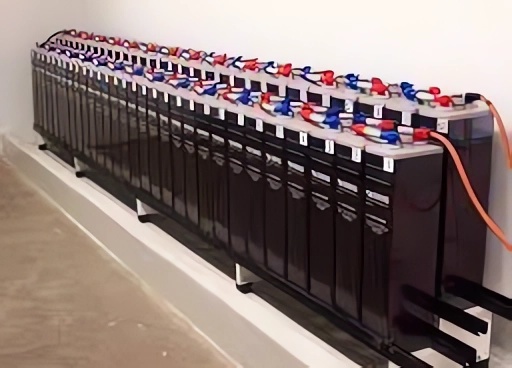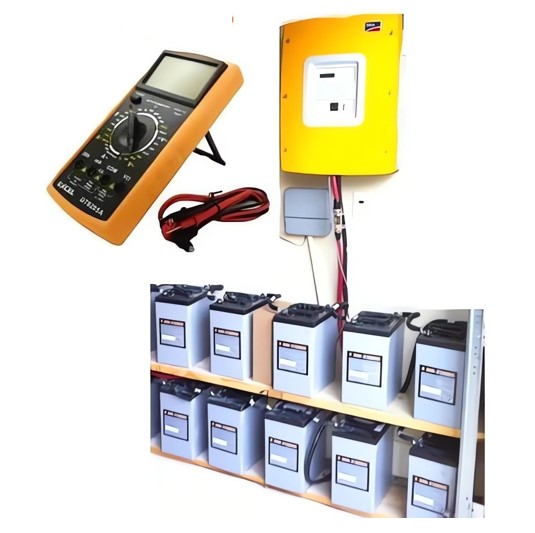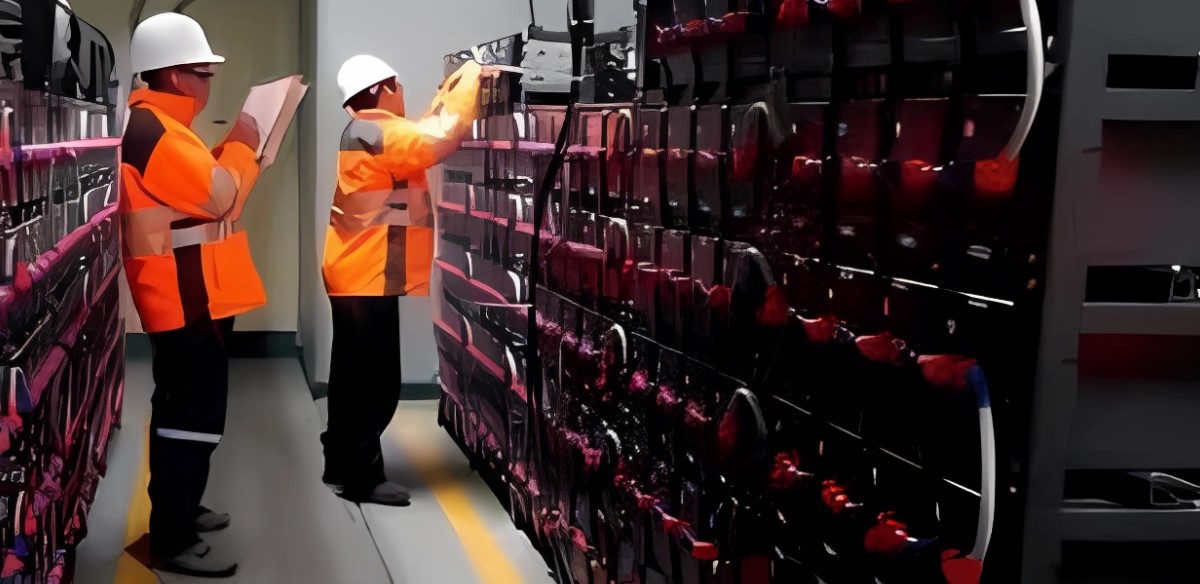Knowing how to calculate the electrical resistance in cables, in its various forms, for an electrical conductor is of great importance. This knowledge allows you to determine this parameter even in situations where you may not have access to specific tables or other technical information. This knowledge can help you quickly diagnose issues with a […]
Category Archives: AC/DC Power
Electrical resistance is one of the most important parameters you should know about cables and conductors because its value will determine whether equipment operates correctly. We invite you to read our post. Next, we will explain how to determine these parameters. Let’s get started! Resistivity and electrical resistance in conductors The resistivity in metallic conductors […]
Electrical cables and conductors are indispensable components in any system involving electricity, including photovoltaic energy systems. Among their most important parameters are gauge and structure. They are responsible for the transmission of electrical energy to the equipment, but for them to do so efficiently, it’s necessary to consider certain characteristics. In this article, we will […]
Electrical cables and conductors are fundamental elements in electrical installations. They serve as the means to interconnect various equipment, both for power and control purposes. We will discuss them, aiming to explain their characteristics in an approachable and colloquial manner. And we will clarify any necessary technical terms for your better understanding of the topic. […]
Performing tests on the battery bank is the most suitable way to understand its operational status. This way, you can avoid unpleasant surprises when you need them, especially when they function as a DC backup system. The discharge test is one of the most reliable. With it, you assess batteries «in the field» and under […]
The battery discharge test is perhaps one of the most reliable tests you can perform on a battery or a battery bank. It provides a comprehensive insight into the health status of the cells. In this post, we will analyze this test applied to stationary battery technology, with a focus on battery banks. Let’s get […]
Batteries are devices that store DC energy for later use. In most electrical systems, they are used grouped together in battery banks. But… what is a battery bank? We’ll answer that in this article. To learn about the characteristics of these devices, we invite you to read our series of articles on the subject, starting […]
The sealed battery is also known as ‘valve-regulated’ or ‘VRLA’ (Valve-Regulated Lead-Acid). These batteries have the great advantage of being maintenance-free, which significantly reduces the costs associated with stationary battery maintenance. Although they generate gases like open batteries, these gases are vented to the outside through special one-way valves. This makes them ideal for installation […]
The stationary battery discharge test is one of the tests that provides the most reliable results regarding the operational status of these banks. In this post, we will present the way to analyze and interpret the battery voltage measurement, obtained. The execution method is explained in our post on Stationary battery discharge test. Be sure […]
The stationary battery discharge test is one of the most reliable methods to assess their health. Additionally, it is equivalent to measuring battery capacity. However, its accuracy depends not only on the precision of the instruments used and the objectivity of the observer but also on its correct application. For this last point, we invite […]


